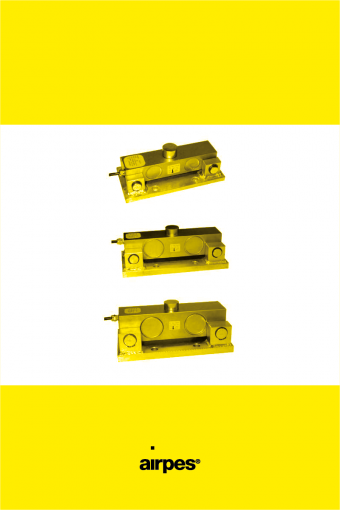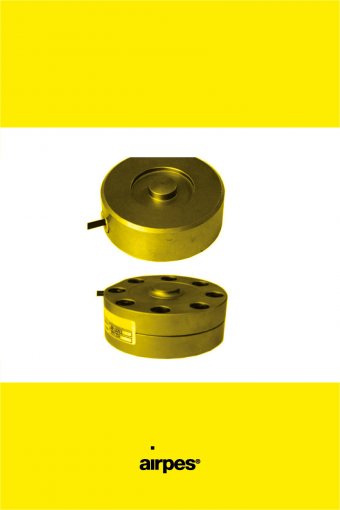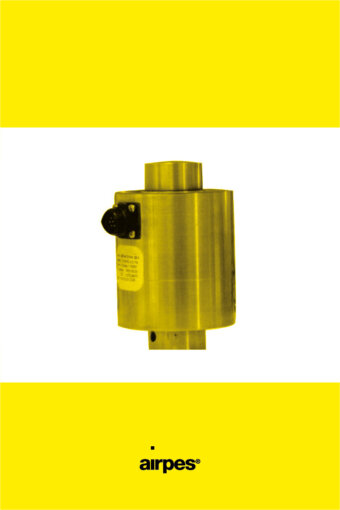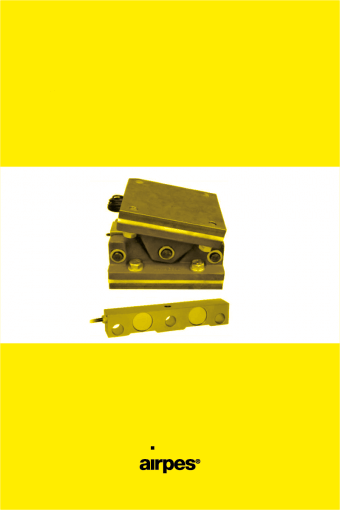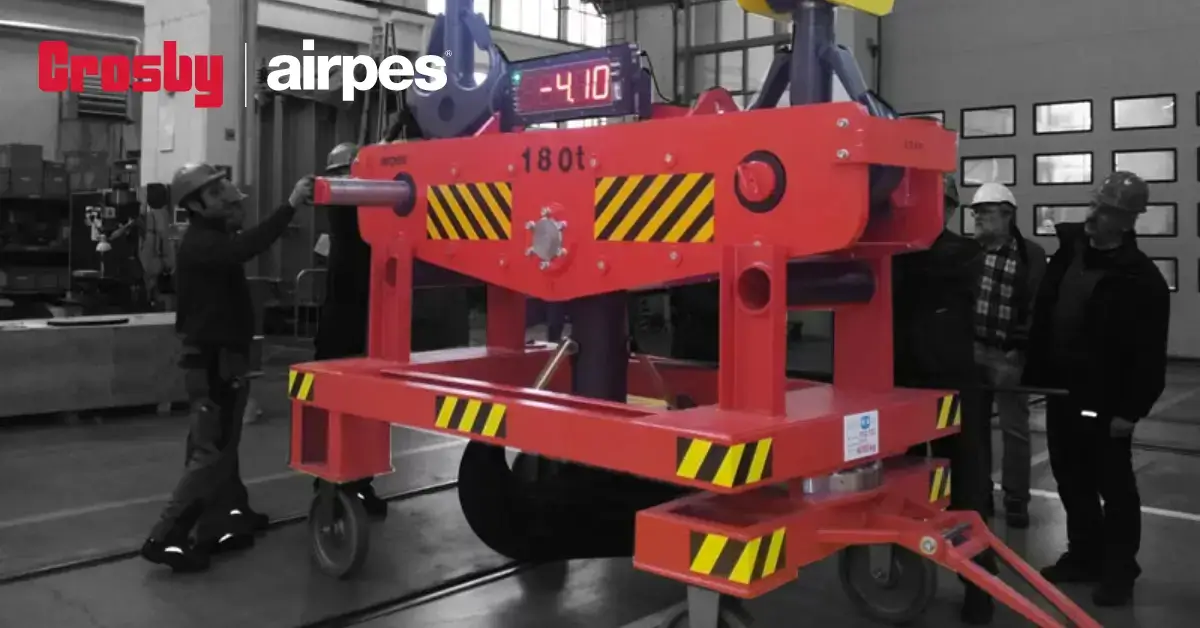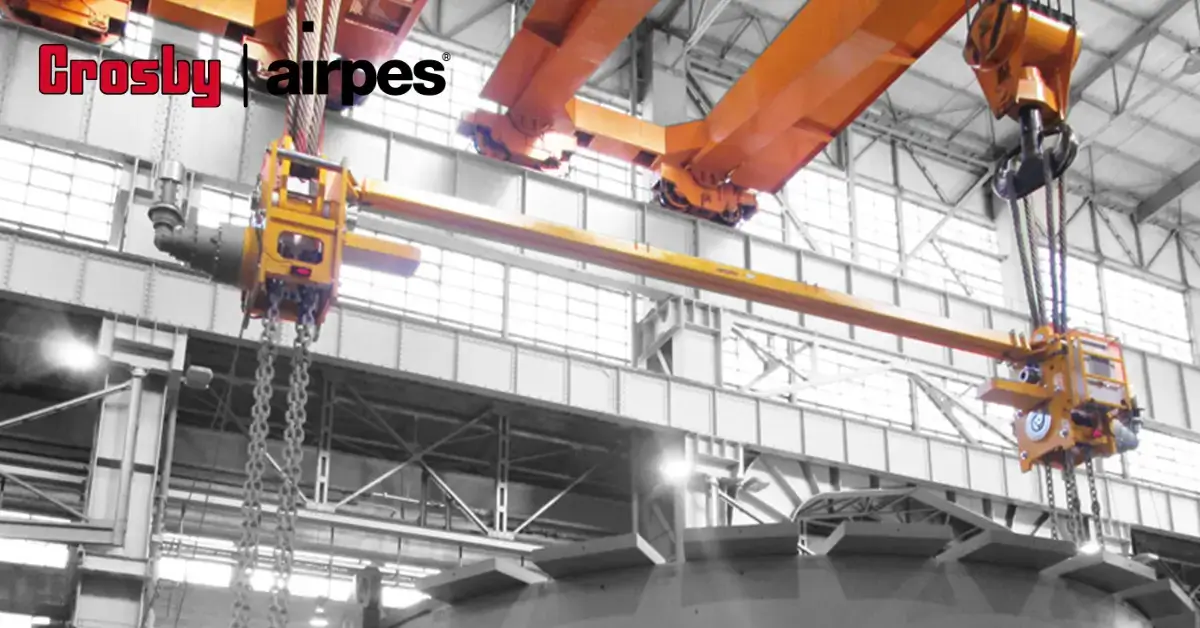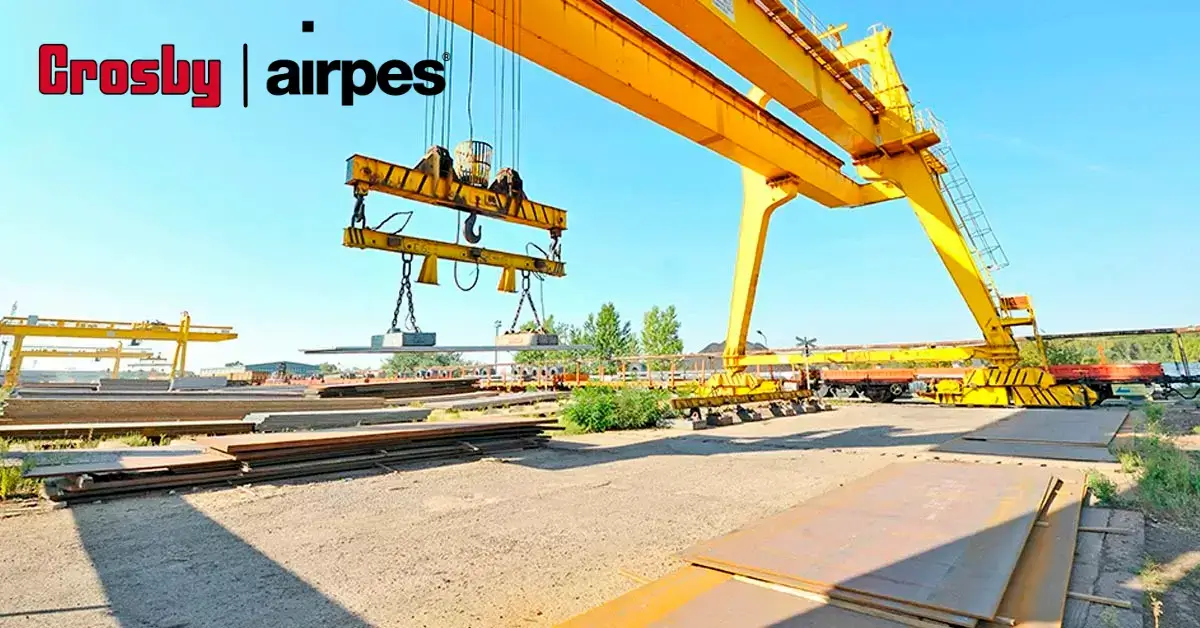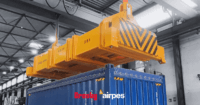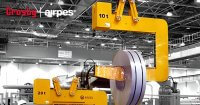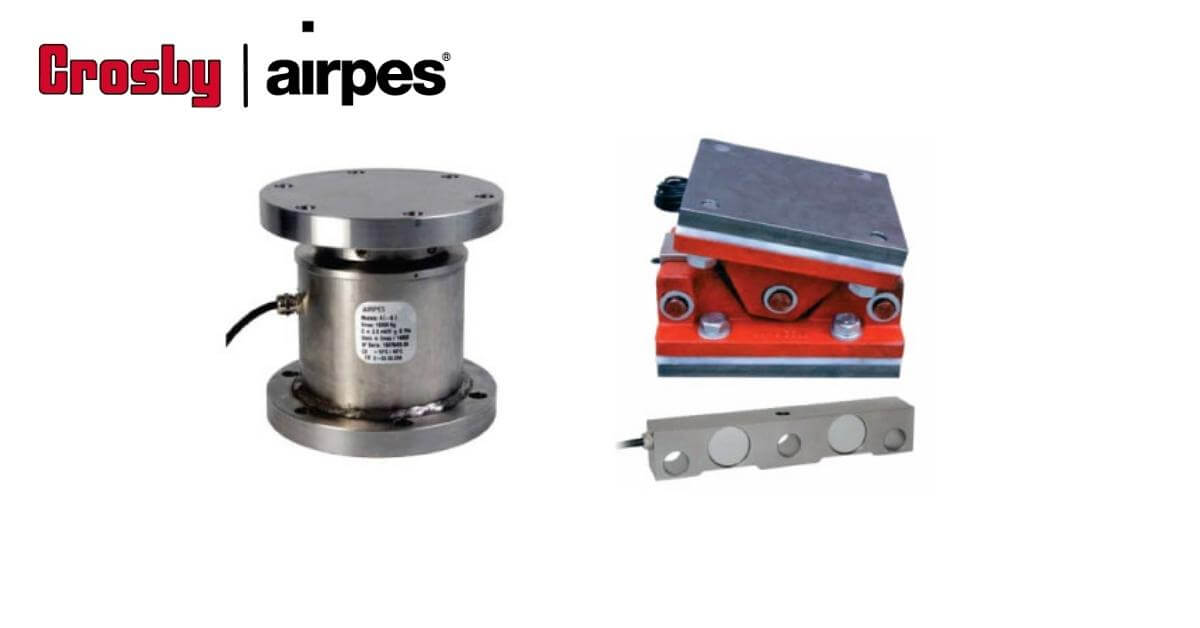
At the industrial level, the term “blending” refers to combining a set of ingredients in the correct proportion to obtain a desired final product. In 99% of cases, mixing the right quantities in the right proportion is crucial to obtaining a product with desired characteristics.
Failing proportions means product qualities other than those desired, such as changes in color, texture, reactivity, viscosity, strength, and other crucial characteristics. In the worst-case scenario, not mixing the different ingredients in the right proportions means losing several kilos or tons of raw material and delaying serving the product to customers. In industries such as food and pharmaceuticals, strict control of ingredient proportions is critical to avoid health risks to consumers. At Crosby Airpes, we design precise and high-capacity load cells for tare product mixing tanks. Our load cells are present in the chemical industry, food industry, construction, and any sector that prepares mixtures of products.
What is a mixing tank?
A mixing tank is used to blend various components or ingredients together. Industrial mixing tanks are usually designed for mixing liquids. They used to have different plumbing lines channeled from and to the unit. While the liquids are being mixed in the tank, they get transferred to the pipelines under the tank.
This kind of tank could be made of plastic, strong rubber, glass, etc. However, the most common mixing tank type is stainless steel. Different models of industrial mixing tanks fit every possible need for mixing.
What are load cells?
Load cells are measuring equipment that offers a permanent load monitoring solution. A load cell is a force gauge consisting of a transducer used to create an electrical signal whose magnitude is directly proportional to the force being measured. This solution allows your equipment to understand the weights lifted with precision.
What are load cells used for
An efficient load cell must detect weight changes quickly and effectively. In addition, the margin of error must be low enough for mixtures to be made with the exact proportions needed by the customer and the industry. The advantage of precise load cells, together with a fast and convenient reading system (if desired, also wireless), is that the dosing of the products that make up the mixture can be done inside the same mixing tank without having to do it for each ingredient separately.
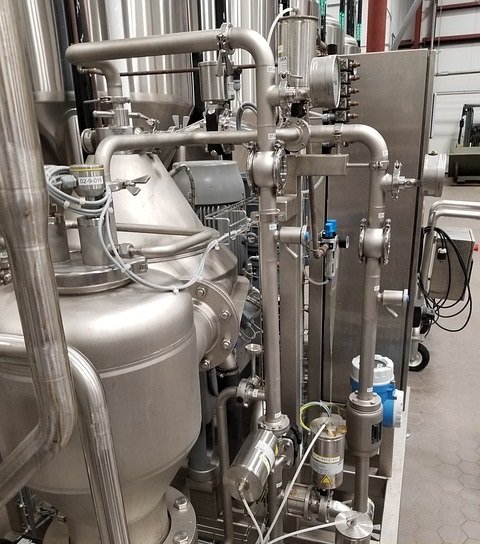
Fast and efficient mixes: load cell for tank weighing system
Types of load cells according to their sensitivity
The sensitivities of the load cells are divided into different denominations according to the precision offered by that cell. The denominations, from less to more precise, are as follows:
D1 – C1 – C2 – C3 – C3MR – C4 – C5 – C6
At the lower end of the scale are D1 type cells, commonly used in the construction industry for weighing concrete, sand, etc.
From type C3 onwards, these are cells for construction additives and industrial processes. The most precise C3MR cells and the C5 and C6 cells are reserved for weighing and taring high-precision tanks and scales.
Compression Load Cells
The most common type of load cell for mixing tanks and floor-mounted storage silos are compression load cells. Other types of load cells work by bending, torsion, and traction. For example, traction load cells are mainly used for heavy industrial weighing scales (which measure weight by lifting the load in the air).
As for the compression models, in Crosby Airpes, we have several models of load cells to compression: the following ones.
-
DC COMPRESSION LOAD CELLS DCO-2, DCO-3, DCO-4
The DCO-2, DCO-3 and DCO-4 models of load cells have been specially designed to work with compression in double shear.DC COMPRESSION LOAD CELLS DCO-2, DCO-3, DCO-4November 11, 2020
-
LOAD CELLS COMPRESSION AC-A
The model AC-A load cells have been specially designed to work under compression in column.LOAD CELLS COMPRESSION AC-ANovember 11, 2020
-
COMPRESSION LOAD CELLS BP
The compression load cells BP are specially designed to work with compression with element detecting a shear or double shear.…COMPRESSION LOAD CELLS BPSeptember 22, 2020
-
LOAD CELLS COMPRESSION SP-A
The SP-A model load cells have been specially designed to work under compression Features of Airpes’ Load Cells Compression SP-A…LOAD CELLS COMPRESSION SP-ASeptember 22, 2020
-
LOAD CELLS COMPRESSION SKP
Load Cells compression SKP especially designed for the control of the charge in silos.LOAD CELLS COMPRESSION SKPNovember 11, 2020
Each of the above cells offers different weighing and taring characteristics and capacities, from 750 kg to 200 Tons, and sensitivities up to 0.1%.
Crosby Airpes delivers high-quality monitoring and protection systems
We offer you a wide variety of displays, load limiters, and load cells with high-quality features. Tell us about your needs.

